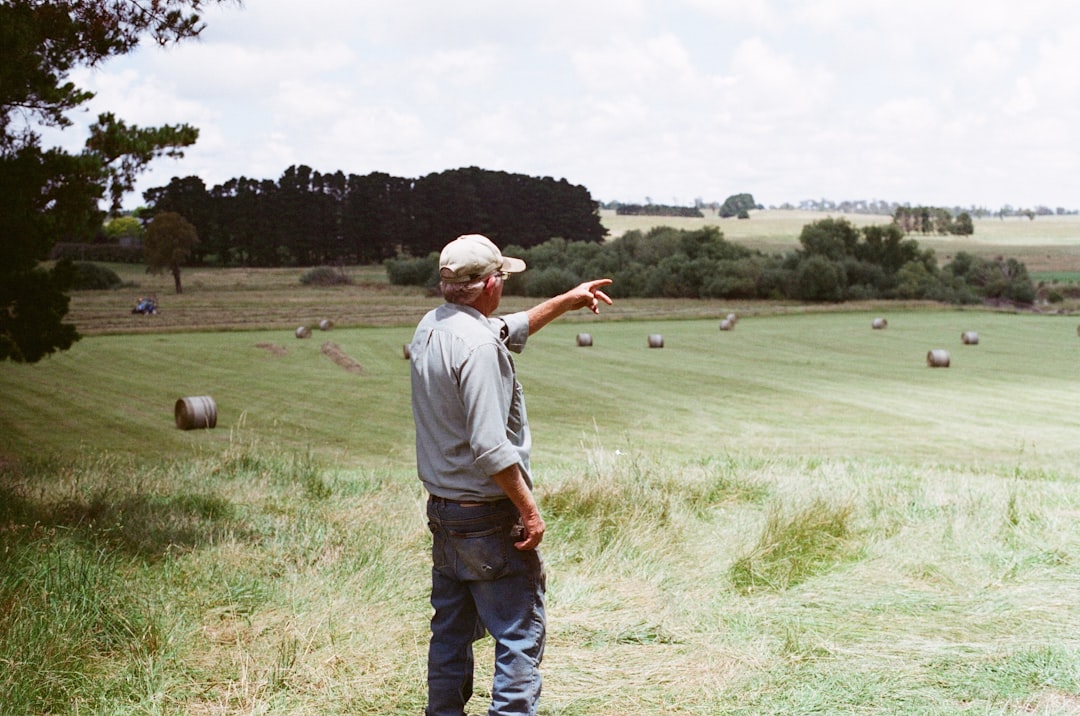Wendell Berry Reading Group No. 2 - The Prejudice Against Country People
The second in a series of posts guiding us through essays from Wendell Berry

Welcome to the second Wendell Berry Guided Reading Group post. In the last post, we worked our way through Berry’s essay Horse Drawn Tools and the Doctrine of Labor Saving, an essay all about the nature of good work and the seismic change the arrival of the machine has wrought on our rural landscapes. We also considered Berry’s fundamental principle “the need to use saved labour in the same place in which we saved it.”
This essay continues many of the themes we covered in the last post such as the nature of good work, rural decline, and urban attitudes towards rural places. If you haven’t read the last post and corresponding essay, I recommend doing so before continuing. You can find the questions here which were freely available for all.
Essay summary
This is one of Berry’s more polemic essays, in which he attacks the elitist urban arguments coming from economists, politicians and agro-businesses about the need to free farmers from their supposedly demeaning work. Berry shows how this attitude stems from a prejudiced view of rural culture (especially farming culture) and people, and how entrenched this demeaning view of farm work is in modern society. He then goes on to show that the very people society ignores, and whom governments would like to see removed from the land, are the very people our rural places need the most. These Good farmers are those best able to steward the land effectively and are essential for the ongoing provision of good food for our plates.
Guided questions
(For paid subscribers (with a short free preview))
This essay will (among other things) explore the relationship between big agribusiness and rural communities. So to start off: In what ways do agribusinesses and industrial agriculture affect small family farms? List as many as you can and then secondly, think through the implications both to rural environments and rural communities of the dominance and influence of big agribusiness and industrial farms.
One oft-repeated critique of Berry’s work and thought is he is pining after a nostalgic past that is impossible in today’s modern technological society, and that the practices he advocates for are unable to feed the world and will never have enough people willing to practice them (see Lewontin’s argument on page 202). Do you agree with this critique? How do you think Berry would counter this argument?
Keep reading with a 7-day free trial
Subscribe to Over the Field to keep reading this post and get 7 days of free access to the full post archives.



